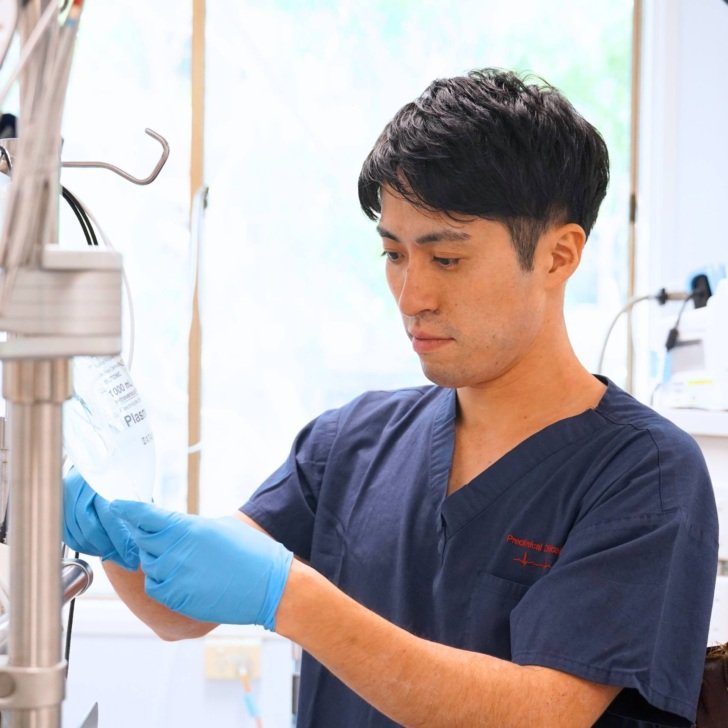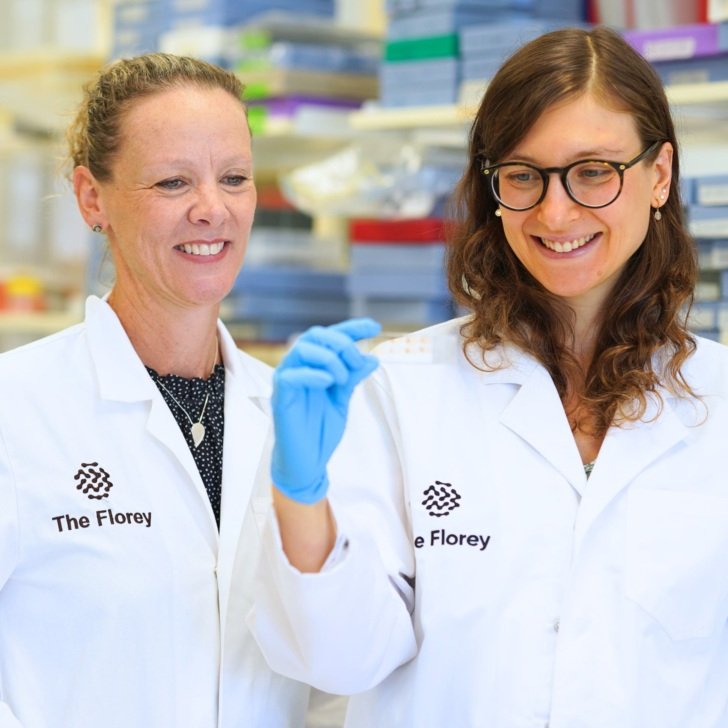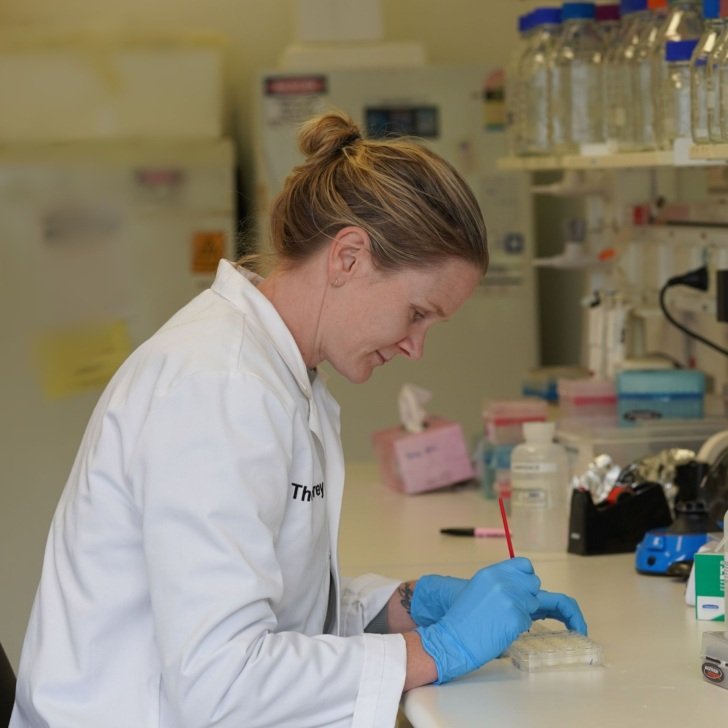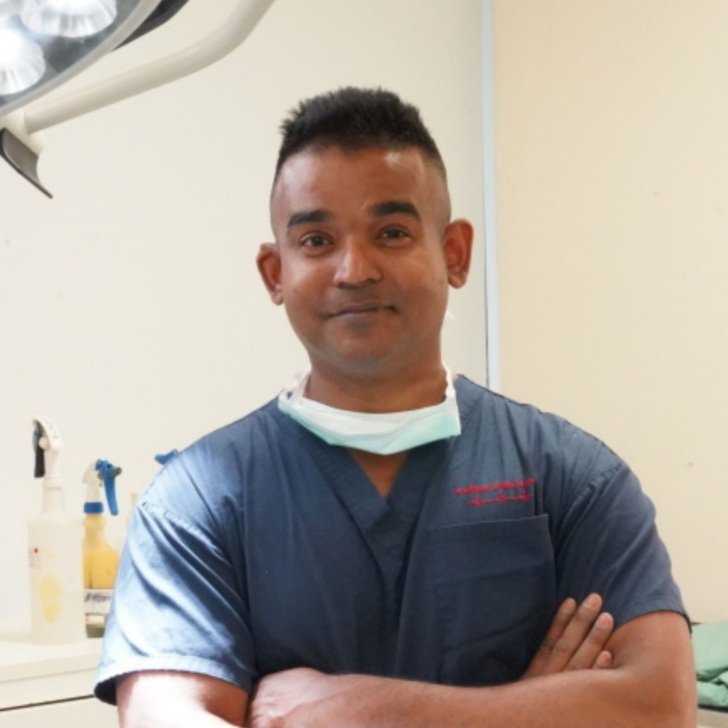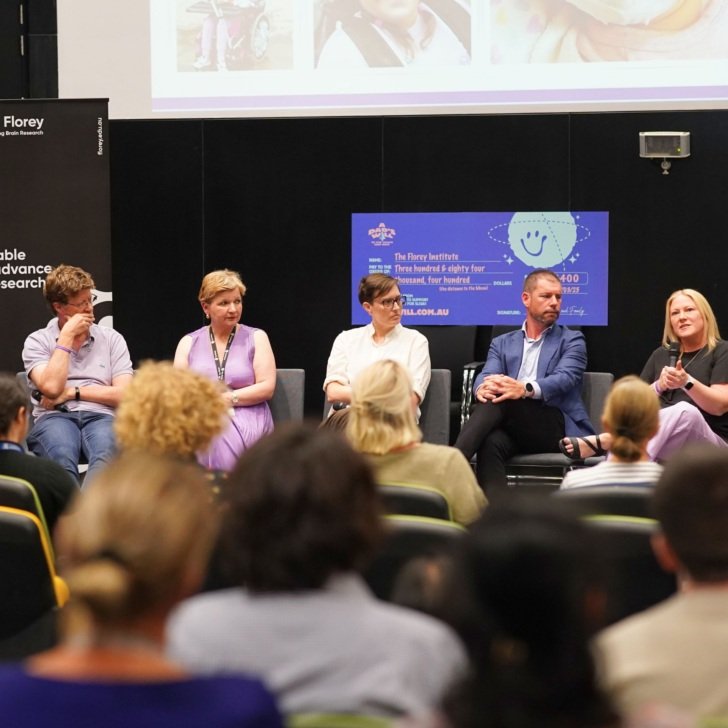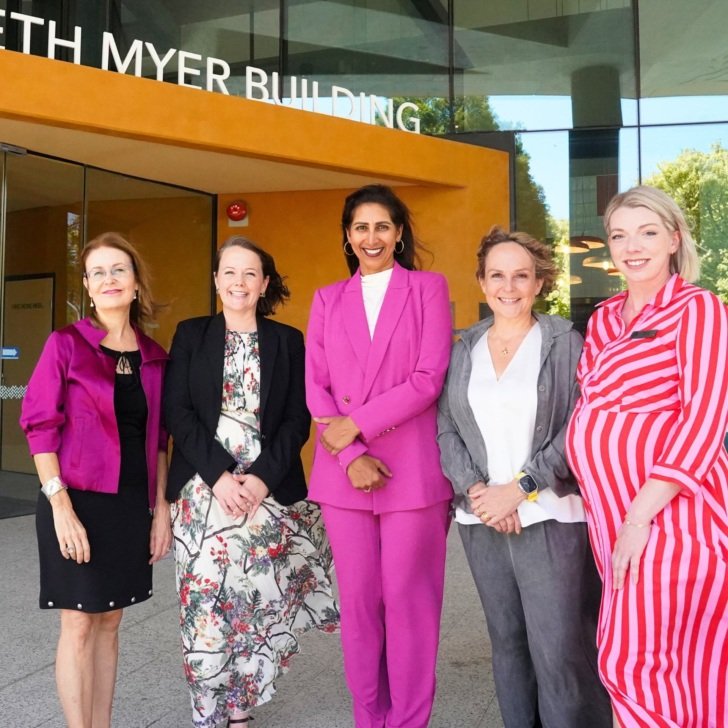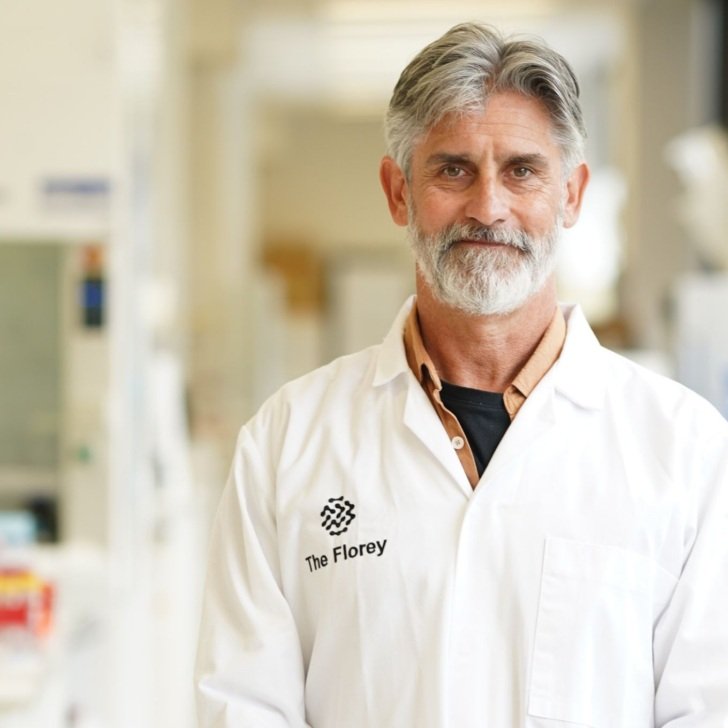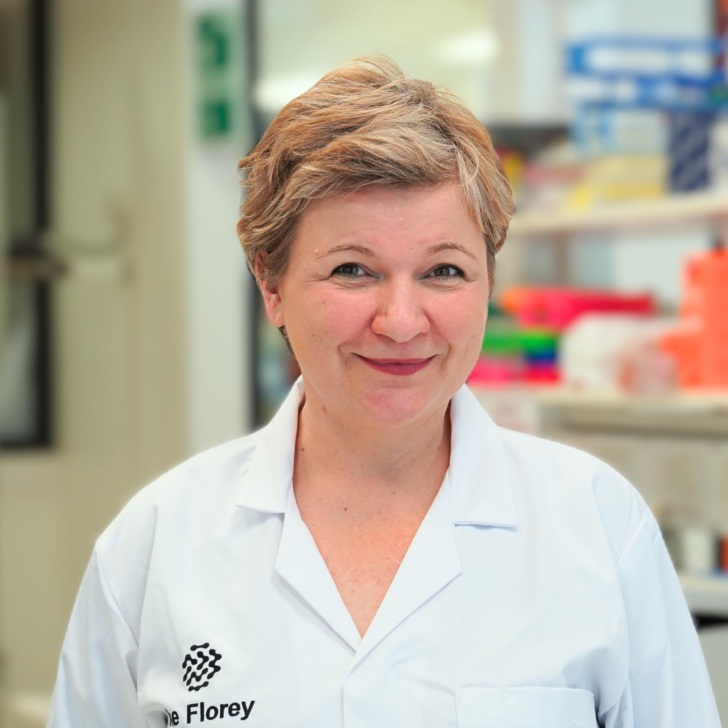- The prospect of one day using stem cells to treat motor neurone disease (MND) is one step closer thanks to $250,000 in two-year funding awarded to stem cell researchers at the Florey Institute from FightMND.
- The researchers will explore a promising new approach to advance development of effective stem cell-based therapies for MND.
Associate Professor Lachlan Thompson and team will carry out new approaches in their pursuit to uncover how specialised stem cells can be effectively delivered into the spine to slow the progression of motor neurone disease (NMD). The work will build on recent evidence that stem cells carry properties that allow them to protect motor neurons and will determine the best way to deliver these cells to the spinal cord.
“The knowledge base that we will be able to build through this work aims to provide strong pre-clinical evidence for using stem cell therapy in MND, which we hope ultimately will support the advancement of clinical trials in this field for patients,” said Associate Professor Thompson, Head of the Neurogenesis and Neural Transplantation Laboratory at the Florey Institute.
Research Director at FightMND, Dr Bec Sheean, commented, “We are proud to continue our support of Associate Professor Thompson and his team through this project and to continue to partner with the Florey Institute to progress new research towards treatments for MND.”
While early-stage studies have shown that stem cells hold therapeutic potential in MND, finding a technique that successfully delivers stem cells to the site of motor neuron cells in order to achieve benefit has been challenging.
“Stem cells are clearly exciting with potential across a range of neurodegenerative diseases, including MND. We must first understand how to harness the capabilities of stem cells before we’re able to translate this into new treatments, explained Associate Professor Thompson.
This research project is important in this context as it addresses a significant practical challenge in terms of how best to deliver stem cells to the spinal cord for maximum therapeutic benefit.
“I’d like to thank FightMND and its community for continuing to support our work and making this research possible. This new funding allows us to move ahead in what we see as an important next step in bringing stem cell therapy closer to clinical trials for people living with MND,” said Associate Professor Thompson.


